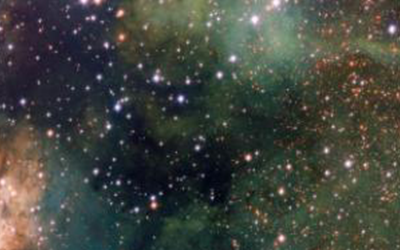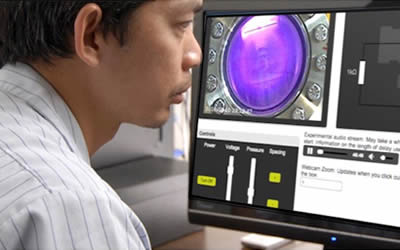Research
Our research covers a wide range of subjects, investigating the physical sciences from the behaviour of atoms at temperatures close to absolute zero to the merger of galaxies many light years away. We study the origin of stars and the planets that surround them; both in our own Solar System and planetary systems elsewhere in our Galaxy, seeking to understand their origin and the environments they contain that could be habitats for life.
Our research benefits from an extensive suite of laboratories here on campus housing advanced analytical instrumentation, simulation and experimental facilities. This is complemented by our regular use of multi-national facilities such as the Diamond synchrotron and ESO’s telescopes. We have major involvement in many space missions (including the recent ESA Rosetta and on-going Trace Gas Orbiter missions) providing both leadership in science exploitation and the provision of key science payload elements for these missions, including mass spectrometers, imaging spectrometers and optical and X-ray detectors.
While much of our research has a focus on fundamental processes and exploration we have many collaborations with commercial partners, utilising and developing our expertise to tackle issues with immediate relevance to society.
School members undertaking educational research have been at the forefront of many innovations in distance education, including bringing interactive practical science experience to the on-line environment.
To support this wide range of research we have a strong history of success in attracting excellent researchers and research funding. At any point in time within the school we have typically 60-70 full time PhD students and over 30 post-doctoral researchers and research fellows that contribute to a research- intensive environment, supported by highly skilled project scientists and technical support staff.
- Director of Research
- Dr Helen Fraser






.jpg)
